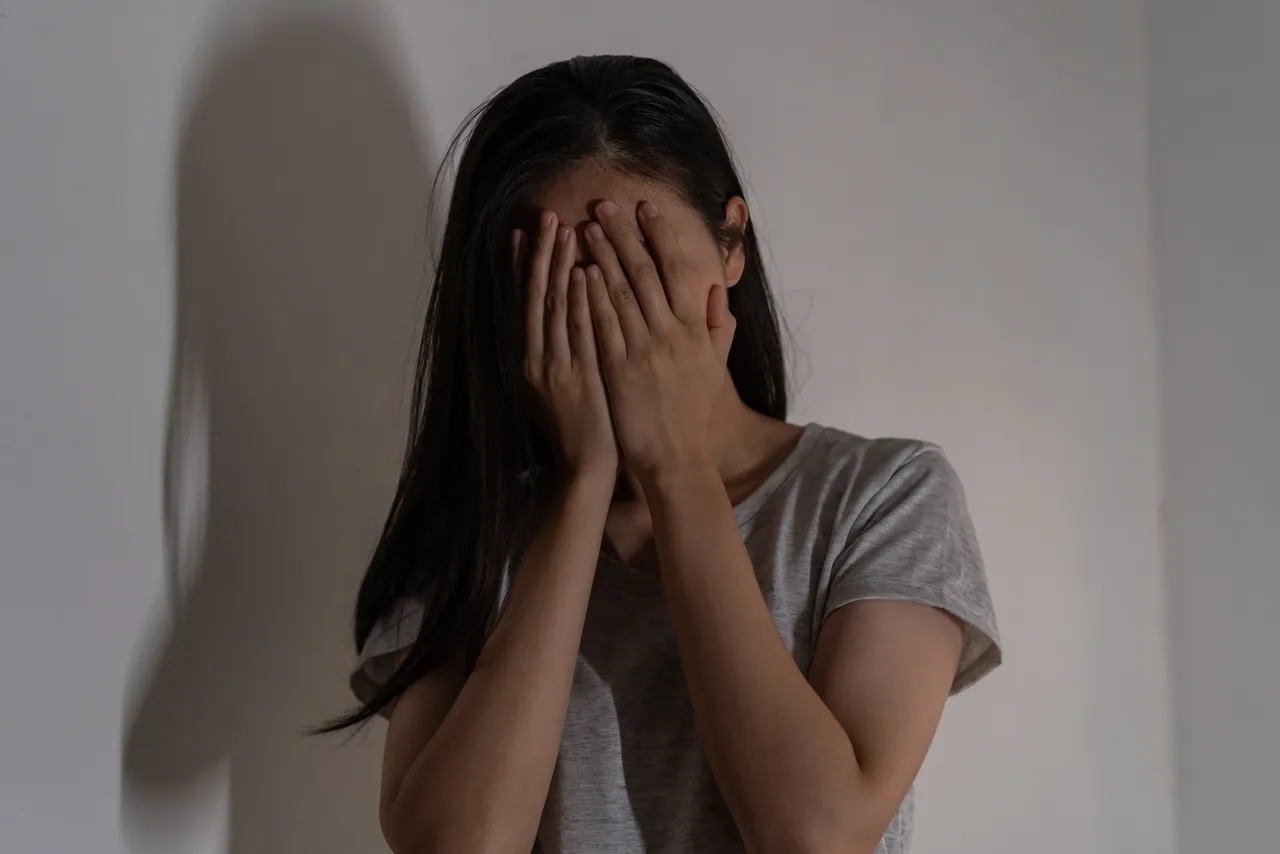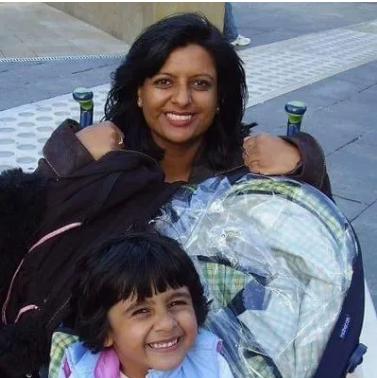The Silent Struggle: Divorce Stigma in South Asian Communities

In the vibrant tapestry of South Asian cultures, divorce remains an unspoken, yet highly prevalent, issue. While modernisation and globalisation have led to significant societal changes, divorce continues to be cloaked in shame, especially for South Asian communities.
The Cultural Fabric
Traditional South Asian societies are deeply rooted in conservative values, where marriage is considered a lifelong commitment and the union of two families rather than just two individuals. Divorce, therefore, disrupts the fabric of these tightly-knit communities, resulting in significant shame and social ostracisation for those involved. This stifling cultural pressure often compels individuals to endure unhappy marriages rather than confront the consequences of divorce.
The Silent Struggle
The stigma surrounding divorce in South Asian communities creates a silent struggle for those contemplating or experiencing it. Fear of judgment, societal scrutiny, and rejection can lead to individuals suppressing their feelings and avoiding seeking help. This can take a toll on their mental health and exacerbate the already difficult process of separation.
Gender Dynamics
Gender dynamics also play a crucial role in shaping perceptions of divorce. Women, in particular, face a heightened burden of shame and blame in cases of marital dissolution. Divorced women are often perceived as damaged goods, leading to diminished marriage prospects and compromised social status. While men may also face stigma, the repercussions tend to be less severe.
Family and Community Pressure
Marriage within the South Asian community is a merging of two families. Divorce is therefore considered to have an equally wide-reaching impact. Rarely is divorce considered just a private matter for South Asians; it affects the entire family and community. Consequently, many individuals remain in unhappy marriages to avoid letting down their loved ones. This societal expectation to maintain appearances can perpetuate unhealthy relationships and prevent individuals from seeking help or finding emotional support.
The Role of Religion
Religion can also be a significant influence on attitudes towards divorce. For instance, conservative interpretations of religious texts may reinforce the belief that divorce is a sin or failure, amplifying the shame associated with it. However, it is essential to recognise that religious perspectives on divorce can vary widely and that compassionate interpretations can offer solace and guidance.
Breaking the Silence
It is crucial for us all to break the silence surrounding divorce and offer support to those experiencing this challenging life transition. Encouraging open conversations about marital difficulties, mental health, and personal happiness can help challenge stereotypes and dispel the stigma associated with divorce.
Empowering the Next Generation
Educating the younger generation about the realities of relationships, mental health, and the importance of self-worth is vital in dismantling the stigma associated with divorce. By promoting empathy, understanding, and healthy communication, we can foster a more inclusive and compassionate environment for those who may be struggling with their marital situations.
Seeking Professional Help
Therapy, counselling or divorce coaching can be invaluable resources for individuals going through divorce. Seeking help from mental health professionals can assist in coping with the emotional turmoil, rebuilding self-esteem, and finding healthy ways to navigate the challenges associated with divorce.
For further information or support please reach out at [email protected]

Salma is a Break Up and Divorce coach working with women to reclaim and rebuild their lives during and after the chaos that divorce brings. She has a deep sense of empathy and provides her clients with a confidential and non-judgemental space to explore the challenges that lie ahead.She has trained in NLP and Hypnotherapy and combines these tools with Positive Psychology to help her clients work through their emotions of anger, guilt and confusion, to name but a few, so that they can make important decisions from a place of clarity and calmness. Her primary objective is to reduce the confusion and conflict that clients are experiencing and allow them to decide how their life will take shape going forward. Her passion lies in helping the Asian community deal with the stigmas and cultural aspects that can often hold her clients back from taking control of their future. Having had first hand experience of her own divorce and learning to move on into a confident future spurred her on to train with the Divorce Coach Academy so that she can use her expertise to help others navigate their divorce journey with the support they deserve.
